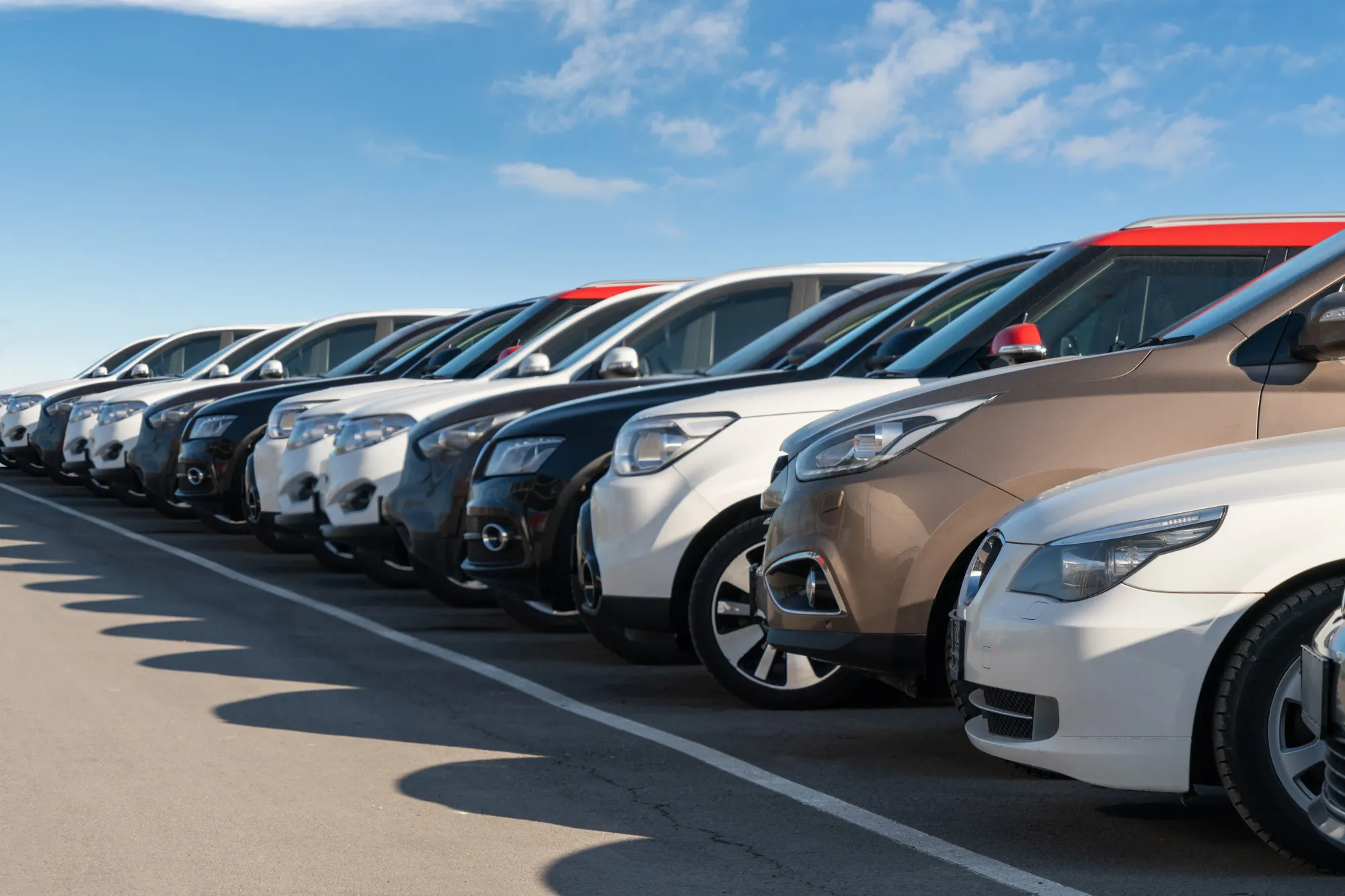The used car market in Europe is experiencing one of its best moments.
The combination of growing demand, the digitisation of the sector and the transition towards more sustainable mobility have created an ideal environment for starting a business in the used car market.
If you are considering investing in this area, here are six reasons why opening a used car dealership in Europe is an excellent idea.
Increased demand in Europe
In recent years, interest in used cars has grown significantly across Europe.
Factors such as inflation, economic uncertainty and long delivery times for new vehicles have led many consumers to opt for the used car market.
According to reports from the European Automobile Manufacturers' Association (ACEA), sales of used vehicles often double those of new cars in most European countries.
This trend shows that the sector has a solid, diverse and constantly expanding customer base.
The rise of sustainable mobility and ‘green’ used cars
The rise of electric mobility is not only affecting new car manufacturers.
More and more hybrid and electric vehicles are becoming available on the second-hand market, offering sustainable options at more affordable prices.
In addition, incentive programmes and subsidies for the purchase of low-emission vehicles in several European countries are driving the turnover of the car fleet, creating new opportunities for dealers who are committed to ‘green’ mobility.
Lower initial investment compared to new cars
Setting up a second-hand car dealership requires a much lower initial investment than a new car dealership.
There is no need to purchase official brand franchises or comply with demanding display or infrastructure standards.
This allows for a more flexible and profitable entry into the market, with less financial risk.
In addition, the margins for negotiation when purchasing used vehicles are higher, making it easier to obtain competitive prices and optimise profitability.
Opportunity to specialise
The second-hand market is broad and allows for multiple differentiation strategies.
You can specialise in a specific segment, such as electric cars, premium vehicles, SUVs, city cars or even classic cars, to build a strong brand identity and attract a very specific target audience.
This specialisation also makes it easier to stand out from generalist competitors and build a reputation for trust and expert knowledge in your niche.
Flexibility of stock and suppliers
One of the great advantages of a used car dealership is the freedom to choose the vehicles and suppliers you work with.
You can purchase cars from private individuals, auctions, leasing companies or other European distributors, adapting your inventory to local demand or market trends.
This flexibility allows you to react quickly to economic or technological changes, reducing risks and optimising profits.
Ease of import-export in Europe
The European single market greatly facilitates the purchase and sale of vehicles between countries.
Thanks to the free movement of goods, dealers can import second-hand cars from other Member States without facing tariffs, and take advantage of price differences or consumer preferences.
Despite Brexit, the United Kingdom continues to have agreements with the European Union that allow for the relatively easy movement of certain goods.
In addition, there are specialised platforms and services that simplify administrative, logistical and tax procedures, making import-export a real growth opportunity for businesses in the sector.
The Certificate of Conformity is the document that allows the import, export and registration of vehicles in the European Union and associated countries, such as the United Kingdom, and facilitates the process of vehicle mobilisation.
Attractive profit margin
Unlike the new car market, where margins are often low, in the used car market it is possible to make higher profits through strategic purchasing and cost optimisation.
A good used car dealership can offer competitive prices while maintaining a healthy margin if it manages the acquisition, preparation and sale of its vehicles correctly.
With a professional approach, transparency and customer service, the results can be very profitable in the medium and long term.
Conclusion
Opening a second-hand car dealership in Europe is not only a profitable business opportunity, but also a commitment in line with current market trends and sustainability.
With efficient management, a clear strategy and an offering tailored to new consumer demands, this type of venture can become a solid investment with a promising future.
